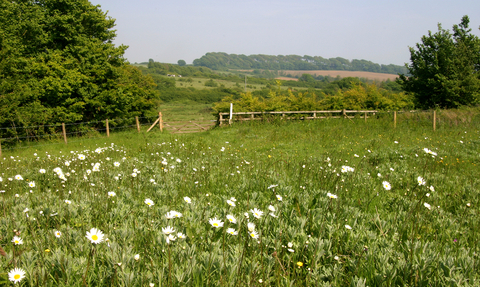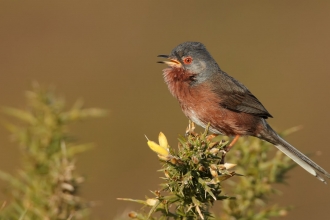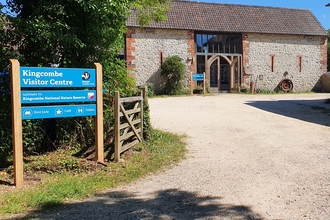
Lorton Meadows Nature Reserve by DWT
Reserve Safety and Visitor Information
Have a safe visit
Every one of our nature reserves is different, from wild heaths to woodlands. They are often remote places off the beaten track and can present challenging terrain. We make every effort to minimise risks to visitors and at many of our reserves, we highlight any risks on interpretation panels or signage but smaller reserves may not have any information on site. Responsibility for visitor safety at our nature reserves is shared between Dorset Wildlife Trust and our visitors. It is of course not possible to foresee every risk but you can play your part by:
- Observing all notices and safety signs and following any instructions or advice given by Trust staff
- Ensuring that children are properly supervised at all times.
- Wearing appropriate clothing and footwear
- Sticking to marked trails and rights of way wherever possible to protect wildlife.
- Being a responsible wildlife watcher and follow the Countryside Code.
- Giving wildlife plenty of space and if you are taking photographs, please use a zoom lens and avoid disturbing them.
- Taking all your rubbish home with you - there are no bins on our reserves.
- Keeping dogs on leads at all times on most of our reserves - find out more about taking dogs to our nature reserves .
- Staying out of ponds or rivers and steer clear of wet and boggy ground.
- Avoiding visiting wooded areas on reserves when it is windy and being aware of the danger of falling branches and dead wood.
- Checking yourself and your dog for ticks after your walk
Please note that camping, fires and barbecues are not permitted anywhere on our nature reserves.
Visitor information
Grazing animals
Conservation grazing helps us to manage and maintain the special habitats which support many rare and protected species on our nature reserves. Cattle, sheep and ponies are used to graze our grassland reserves. If you see livestock on your walk, please remember:
- Keep your dog on a lead if there are livestock in the field.
- If an animal does chase you and your dog, it is better to let go of the dog. Don't risk getting hurt by trying to protect your dog - it will escape to safety.
- Animals can be unpredictable especially if they are young, so please keep your distance.
- Leave gates and property as you find them. Close gates behind you if they were already closed; if they are tied open, please leave them that way.
- Do not allow your dog to scare sheep and lambs, nesting birds and other wildlife.
- Clear up after your dog.
- Take your litter home with you.
- Do not feed livestock.
Be tick aware
Ticks are small, spider-like creatures that feed on the blood of animals, including people. They are widespread across the UK and most active from May to October, especially in warm weather. They are usually found in long grass, rough vegetation and woodland.
Avoiding ticks:
- Wear long trousers
- Stick to clearly defined paths
- Avoid brushing against, or walking through long grass and vegetation
- Wear light-coloured clothing so tickes are easier to spot and brush off
- At the end of your walk, check yourself and your dog for ticks.
Tick removal
Whilst not all ticks carry the bacteria that causes Lyme Disease, they are still an unwelcome guest and should be carefully removed with a special tick removal tool or fine-tipped tweezers. Take care when removing a tick as it is important not to crush, smother or burn it as this may the cause the tick to regurgitate its infected stomach contents into the wound. Do not try and pull off a tick with your fingers as this may result in the head and/or mouthparts to stay embedded in your skin.
Help prevent wildfires
Dorset's heathlands are at particular risk of wildfire from late spring, particularly during prolonged dry periods. Fire can move very quickly putting lives, homes and precious habitat at risk. Many fires are started accidentally by people but are easily avoidable if everyone follows a few simple rules:
1. Do not start a fire or use a disposable barbecue on a nature reserve or in the countryside.
2. Do not smoke when you are walking through a nature reserve and never throw cigarette ends onto the ground or out of car windows.
3. Take all your litter home. Glass bottles or reflective metals can also start fires.
If you see an unattended fire, please report it straight away by calling 999 and asking for the Fire & Rescue Service. Make sure you give the location of the fire. Don't assume someone else has reported it.
Don't attempt to tackle fires that can't be put out with a bucket of water and get yourself to a safe place.


